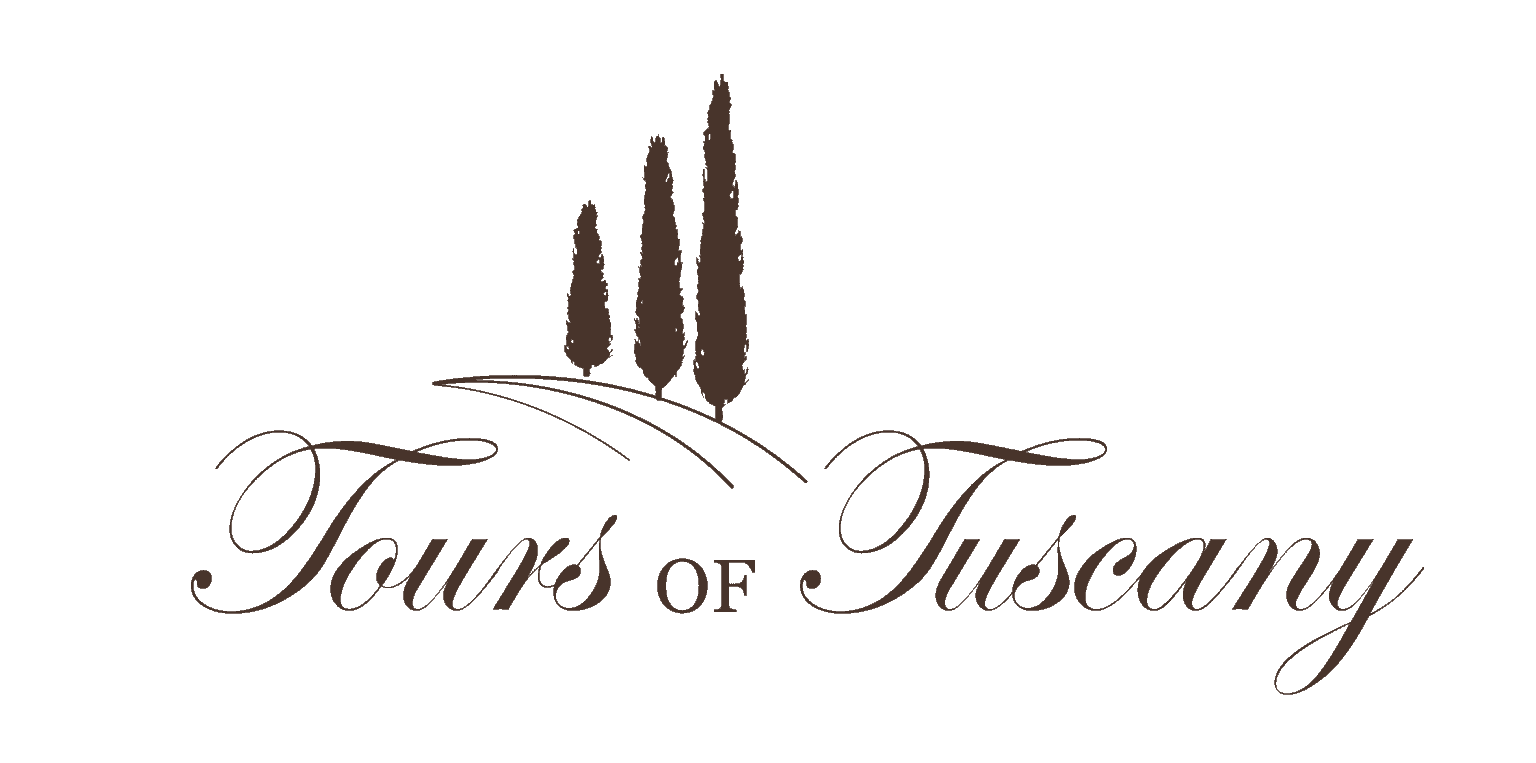Tuscany, a region in central Italy, is known around the world for its picturesque landscapes, rich history, and impeccable Italian culture. Yet, its most notable attribute undoubtedly lies in its renowned wine culture. This region is a paradise for wine enthusiasts, with its lush vineyards and an impressive array of wines. From Chianti to Brunello di Montalcino, the taste of Tuscany tour offers an array of enchanting experiences. However, there is another layer to Tuscany’s wine culture, a legacy that has its roots in the philosophy of one of Italy’s most influential figures – Niccolo Machiavelli.
Understanding the Legacy of Machiavelli
Niccolo Machiavelli, a Renaissance political philosopher, has left an indelible mark on Tuscany’s history. His principles of practicality, realism, and the ends justifying the means have influenced various aspects of Tuscan life, including its wine production. The Machiavellian influence is not limited to the region’s politics but extends into the vineyards, shaping the region’s wine culture in a unique way.
The Origin and History of Tuscan Wine
Tuscany’s wine history is as rich and diverse as its landscape. The Etruscans were the first to cultivate vineyards in Tuscany, and the region’s wine production continued to flourish even during the Roman era. Yet, the true essence of Tuscan wines comes from the principles that guide their production. The influence of Machiavelli’s philosophy is evident in the perseverance of Tuscan winemakers, their dedication to produce quality wines, and their resilience in the face of challenging weather conditions.
Tuscan wines, known for their robust flavors and high acidity, are a reflection of the region’s climate and soil. The most popular grape variety in Tuscany is Sangiovese, which is used to produce notable wines such as Chianti, Vino Nobile di Montepulciano, and Brunello di Montalcino. Other grape varieties include Trebbiano, Vernaccia, and Cabernet Sauvignon, each contributing to the region’s diverse wine portfolio.
The Machiavellian Influence on Tuscan Wine
It may seem unusual to associate a political philosopher with wine production. Yet, the principles of Machiavelli resonate deeply with Tuscan winemakers. The idea of ‘the ends justify the means’ can be seen in their relentless pursuit of quality, even if it means adopting unconventional wine production methods.
This Machiavellian influence is especially evident in the production of ‘Super Tuscan’ wines. These wines, which do not adhere to traditional Italian wine laws, represent the rebellious spirit of Tuscan winemakers. Super Tuscan wines, such as Tignanello and Sassicaia, combine traditional Italian grape varieties with foreign ones, resulting in wines that are unique, innovative, and highly sought after worldwide.
Tasting the Legacy – The Most Infamous Tuscan Wines
The Machiavellian influence is palpable in the taste and character of Tuscan wines. The following are some of the most infamous Tuscan wines with a Machiavellian influence:
- Chianti: Known for its tart cherry flavors and high acidity, Chianti perfectly embodies the Machiavellian principle of practicality with its versatility in pairings.
- Brunello di Montalcino: This robust and full-bodied wine, made entirely from Sangiovese grapes, is a testament to the Machiavellian idea of the ends justifying the means, with its lengthy aging process leading to a rich and complex flavor profile.
- Super Tuscans: These rebellious wines, with their unconventional blend of grape varieties, reflect the realist approach championed by Machiavelli.
When it comes to wine pairings, Tuscan wines are versatile. They pair well with a wide range of Italian dishes, from pasta and pizza to meat and cheese. The high acidity and robust flavors of these wines complement the rich and hearty flavors of Italian cuisine.
Visiting Tuscany – A Machiavellian Wine Tour
Touring Tuscany is an experience like no other. The region offers a plethora of wine tours that delve into its rich wine history and the Machiavellian influence. Whether it’s a day trip of Tuscany with Siena tour & wine tasting or a more extended tour like the Tuscany bike tours or Tuscany Vespa tours, there’s something for every wine enthusiast.
Tuscany wine tours often include visits to vineyards and wineries, where you can witness the wine production process, taste a variety of wines, and learn about the Machiavellian influence on Tuscan wine culture. Some of the top vineyards to visit include Antinori, Frescobaldi, and Machiavelli wine vineyard, each offering a unique perspective of Tuscan wine production.
The legacy of Machiavelli is deeply ingrained in Tuscany’s wine culture. It is reflected in the region’s dedication to quality, its willingness to innovate, and its resilience in the face of adversity. Whether you’re touring Tuscany, joining a taste of Tuscany tours, or simply savoring a glass of Chianti, the Machiavellian influence is bound to touch your Tuscan wine experience. So the next time you take a sip of Tuscan wine, remember the legacy of Machiavelli, and appreciate the depth and complexity that it brings to your glass.





